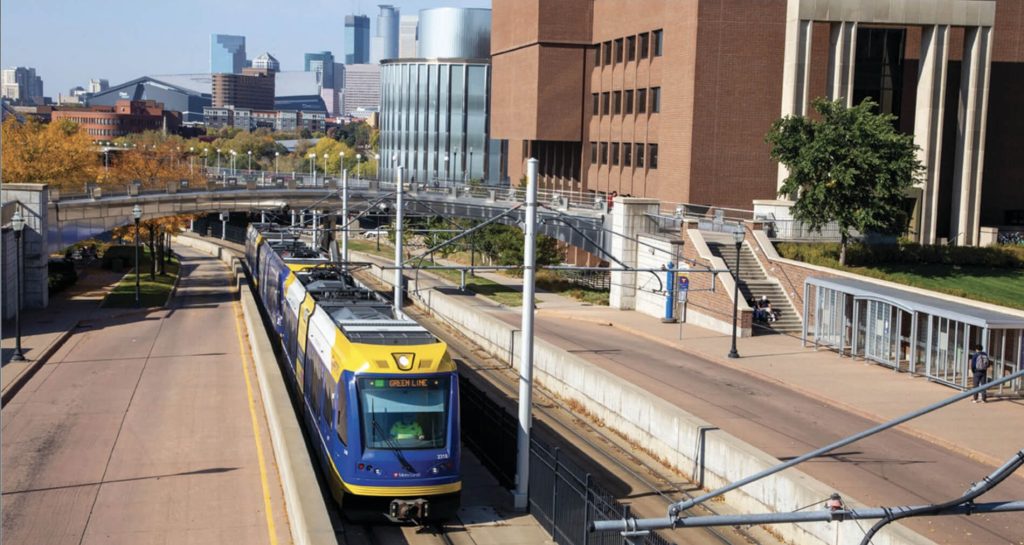Context
Celebrating a decade-long collaboration, Metro Transit and CSched are proud of their shared journey. This case study revisits the transformation that shaped Metro Transit Scheduling Team into an influential partner to the whole Metropolitan Council organization.
With support from CSched, the Metro Transit Scheduling Team developed a comprehensive and deeper understanding of scheduling practices and advanced HASTUS (scheduling software) capabilities. Which resulted in improvements, impacting all levels of the organization such as:
- Major savings in vehicles, operators, and operating costs.
- The ability to quickly respond to changing conditions and meet increasing demands.
- Enhancements in quality-of-life metrics for bus operators.
The overall efficiency gains achieved by Metro Transit proved invaluable in meeting operational budgets and ultimately avoiding service cuts, with substantial and sustainable savings over the years.
This case study highlights our dynamic 10-year journey of collaboration, showcasing the evolution of Metro Transit’s scheduling function and drawing attention to the outcomes achieved and the lasting benefits that continue a decade later.
Objective
This case study provides a condensed overview of Metro Transit’s path toward upgrading their scheduling function, encompassing both technological advancements and expertise knowledge.
The motivation for creating this content is to demonstrate the pivotal role that high-end scheduling expertise and tools play in fulfilling the well-being and job satisfaction of drivers, optimizing transit service efficiency for users, and generating financial savings for organizations.
About Metro Transit
Metro Transit is the Twin Cities’ go-to transportation option, providing a fully integrated system of buses, light rail, and commuter trains. It also offers valuable resources for carpooling, vanpooling, walking, and biking. Additionally, Metro Transit is actively working on expanding its transitway network across the region.
- 39 million rides per year on 156 routes in 2023
- 829 buses in 5 garages
- 91 light rail vehicles in 2 yards
- 1,133 bus and rail operators
